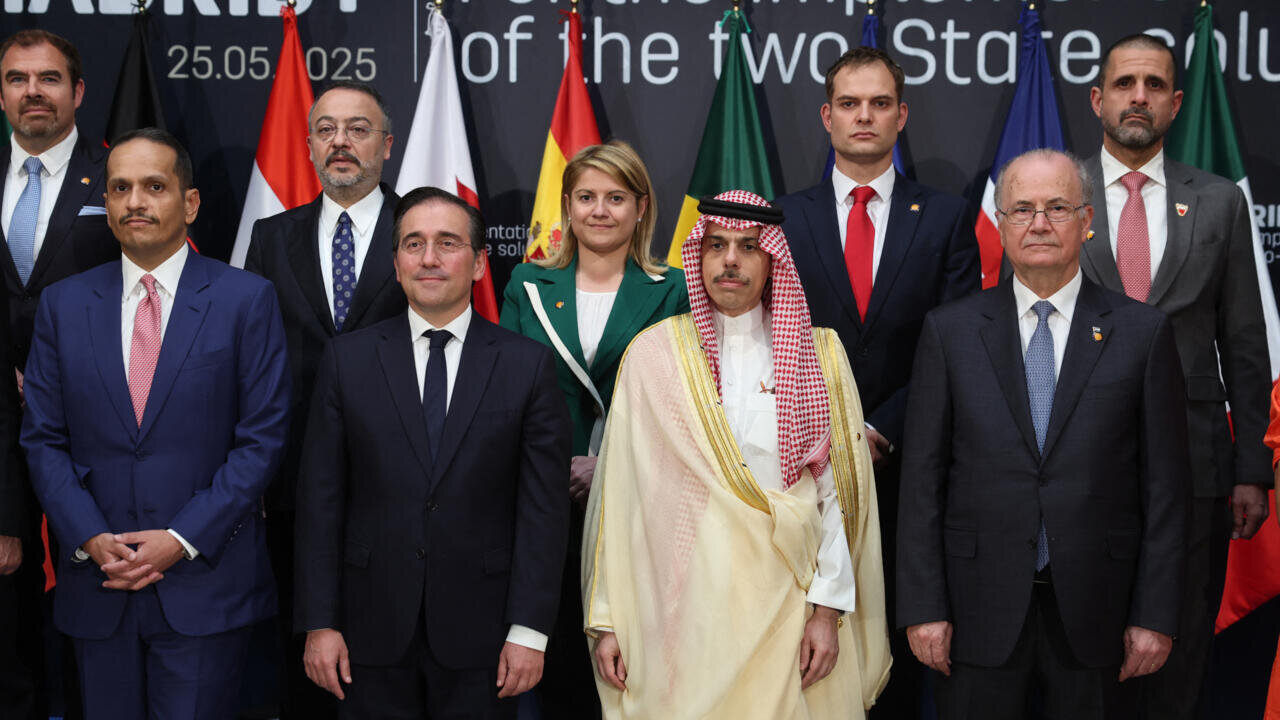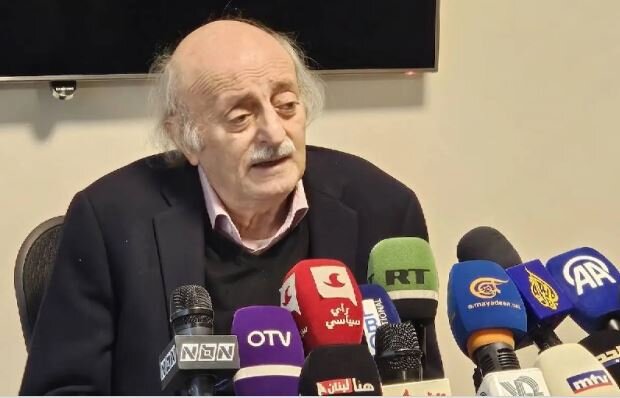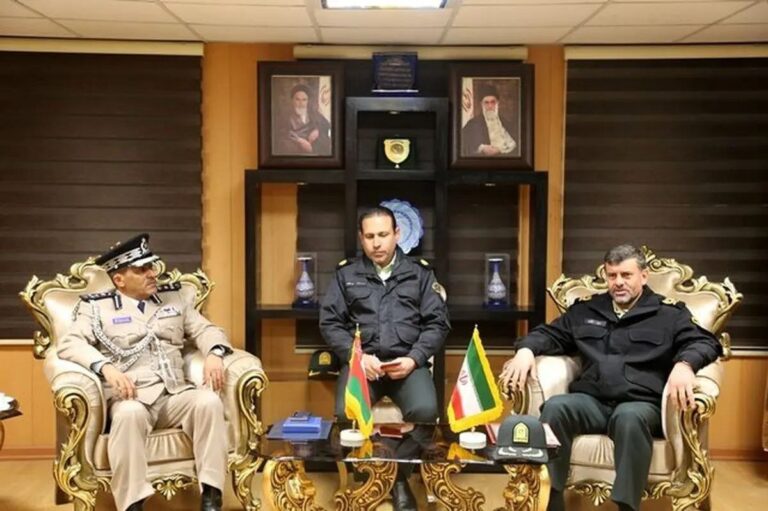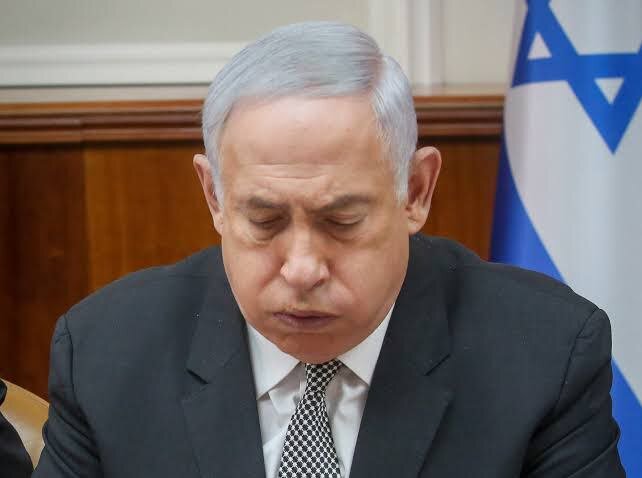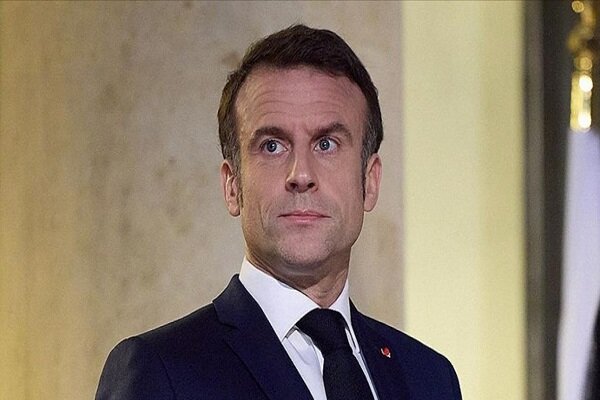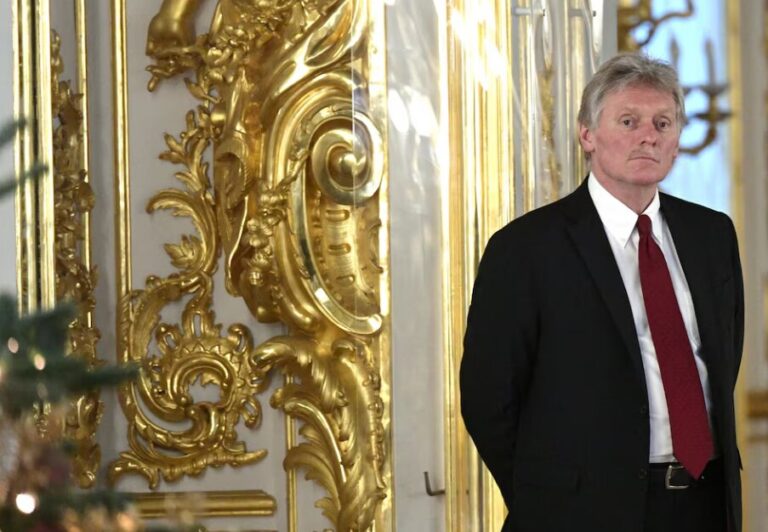Spain Unites European and Arab Nations to Intensify Pressure on Israel Amid Gaza Conflict
The escalating conflict in Gaza has prompted the international community to consider sanctions against Israel, according to Spain’s foreign minister. As European and Arab nations convened in Madrid on Sunday, there was a unified call to halt Israel’s military offensive, which has led to a humanitarian crisis in the region.
For nearly three months, an aid blockade has severely impacted the availability of essential resources such as food, water, fuel, and medicine in the Palestinian territory. This dire situation has raised alarming concerns about potential famine among the population.
According to humanitarian organizations, the limited supplies that Israel has recently permitted to enter Gaza are woefully inadequate to meet the urgent needs of the people. The discussions held in Madrid were focused on addressing the ongoing humanitarian crisis and advocating for a resolution to Israel’s “inhumane” and “senseless” actions in Gaza. Spanish Foreign Minister Jose Manuel Albares emphasized the necessity of allowing humanitarian aid to enter Gaza “massively, without conditions and without limits, and not controlled by Israel.” He described the situation in Gaza as “humanity’s open wound.”
Albares expressed that “silence in these moments is complicity in this massacre,” highlighting the urgency of the situation and the reason behind the meeting. The gathering saw representatives from several European nations, including:
- France
- Britain
- Germany
- Italy
Additionally, envoys from Arab countries such as:
- Egypt
- Jordan
- Saudi Arabia
- Turkey
- Morocco
were present, along with representatives from the Arab League and the Organization of Islamic Cooperation. Notably, countries like Norway, Iceland, Ireland, Slovenia, and Brazil, which have recognized a Palestinian state, also joined the discussions.
During the meeting, there was an emphasis on the urgency for collective action. The Spanish Foreign Minister highlighted that the meeting also aimed to promote a two-state solution to the Israeli-Palestinian conflict. Palestinian Prime Minister Mohammad Mustafa expressed a desire for swift progress towards a peaceful resolution that would allow both Palestine and Israel to coexist peacefully and ensure stability and security for the entire region.
In an interview with Cadena SER radio after the summit, Albares noted that the inclusion of more EU powers like France, Germany, and Italy in the discussions marked a significant step forward. He conveyed that these nations would “never give up on peace in the Middle East.”
The diplomatic efforts come ahead of a crucial United Nations conference scheduled for next month, which will address the Israeli-Palestinian conflict and be chaired by France and Saudi Arabia in New York. Spanish Prime Minister Pedro Sanchez has pledged support for draft resolutions aimed at enhancing aid access to Gaza and holding Israel accountable for its humanitarian obligations under international law.
The international community’s focus on the humanitarian crisis in Gaza underscores the necessity for immediate action. As the situation continues to deteriorate, the call for sanctions against Israel reflects a growing consensus that the status quo is no longer acceptable. The hope is that through collaborative diplomatic efforts, a lasting resolution can be achieved, leading to peace and stability in the region.
In conclusion, the ongoing discussions in Madrid represent a critical moment in addressing the humanitarian crisis in Gaza and reaffirming the international community’s commitment to pursuing a peaceful resolution to the Israeli-Palestinian conflict. The urgency of the situation calls for immediate and decisive action to alleviate the suffering of those affected and to lay the groundwork for a sustainable peace.
